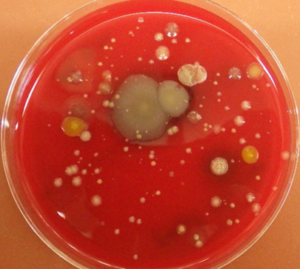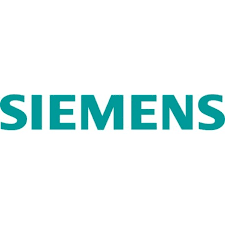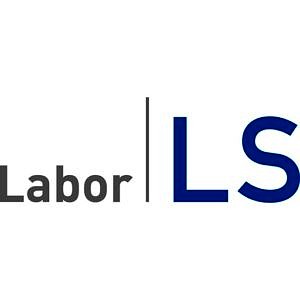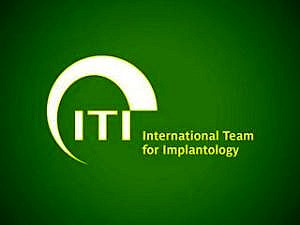Inactivation of microorganisms
Microorganisms are ubiquitously distributed in nature and of crucial importance for environmental processes. However, not all microorganisms are beneficial for plants, animals and men and some may even be highly detrimental as etiological agents of fatal diseases. Furthermore, also the uncontrolled colonization and adhesion of microbes to abiotic surfaces can have dire consequences. In the health sector, infections acquired from contaminated surfaces pose severe risks to patients’ health and are the main reason for implant failure. The problem extends to fouling of technical structures and infrastructure, especially in aquatic environments, with far-reaching environmental and economic costs.
Together with cooperation partners from the Faculty of Engineering, the Faculty of Medicine, the Department of Biology, the Universitätsklinikum des Saarlandes and companies such as NobelBiocare, we are working on methods to reduce or prevent microbial growth. In the frame of these projects , methods to eliminate bacteria are tested, including the application or argon cold plasma, boron-doped diamond electrodes, phages, plant extracts and photosensitizers.





